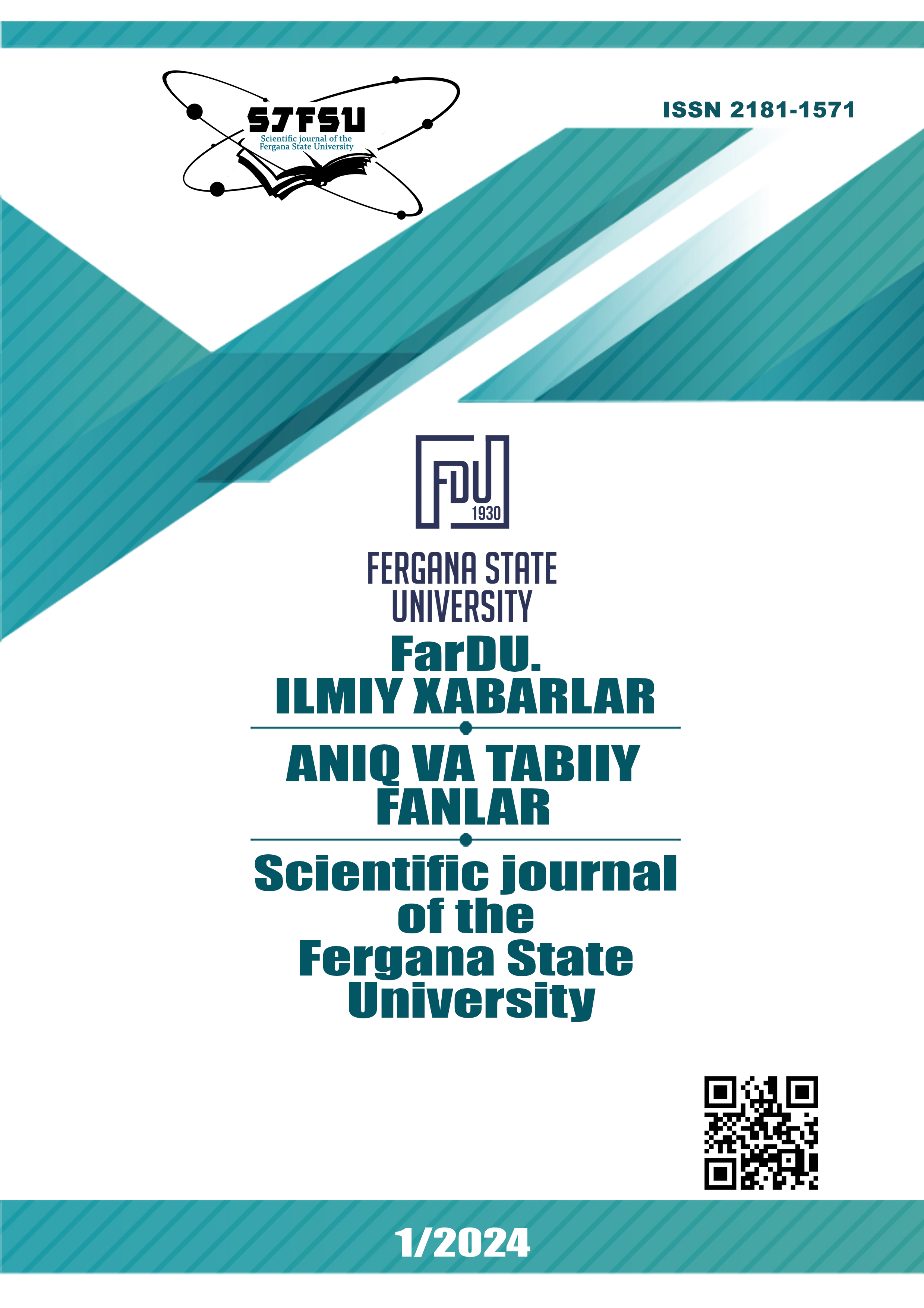PROBLEMS OF DEVELOPING SELF-EDUCATIONAL SKILLS OF STUDENTS
Main Article Content
Abstract
The development of self-educational skills in students has become an increasingly important aspect of modern education. These skills empower students to take responsibility for their own learning, foster a lifelong love for knowledge acquisition, and equip them with the ability to adapt to an ever-changing world. However, despite the recognized significance of self-educational skills, numerous challenges persist in their effective cultivation. The purpose of the article is to identify and explore the key problems associated with developing self-educational skills among students. It begins by highlighting the limited emphasis placed on self-directed learning within traditional education systems, wherein the focus often remains on teacher-centered instruction and standardized testing. The lack of opportunities for students to explore their own interests, set learning goals, and engage in independent inquiry contributes to a significant barrier in the development of self-educational skills. The article discusses the role of technology in both facilitating and hindering self-directed learning. While digital resources and online platforms offer vast opportunities for independent exploration and knowledge acquisition, they also present distractions and challenges in managing time effectively. The article emphasizes the need for educators to harness the potential of technology while providing guidance on its responsible usage
Article Details

This work is licensed under a Creative Commons Attribution-NonCommercial-NoDerivatives 4.0 International License.
References
Education 2020 - strategic framework for Europe https://onlineurope.com/blog/obrazovanie-2020-strategicheskie-ramki-evropy
Antipov P. L. Self-education of university students in the context of the new education paradigm // Journal Theory and Practice of Social Development 2013 No. 12. P. 62.
Arbuzova E. N. Design of a reflective learning system using an innovative educational and methodological complex based on methods of teaching biology. Author's abstract. diss. ...Dr. pedagogical sciences M., 2015. – P. 53.
Borovikova S. A. Self-education of the individual: essence, structure, functions // Internet conference of the Omsk Law Academy. 06/20/2014. http://conf.omua.ru
Garanina Zh. G. Self-education in the structure of professional self-development of future specialists // Society: sociology, psychology, pedagogy (2015, No. 2). P.14-16.
Gareev, R. Professional and creative self-development of students // Higher education in Russia. 2004. - No. 9. - P. 174 – 176.
Medvedev I.F. Development of self-educational competence of students as the basis for improving the quality of higher education//Journal Bulletin of the South Ural State University. Volume 5, No. 1. 2013. pp. 94 – 98.
Minina E. V. Self-education as a form of independent work of students // Pedagogical education in Russia. 2013. No. 2. P.54-57.
Yulanova N. D. Main problems of organizing independent work of students // Higher school pedagogy. - 2015. - No. 1. — P. 29-32.
Yakusheva S. Self-education and self-education in the development of a teacher’s personality // Personality, family and society: issues of pedagogy and psychology: based on materials of the 1st international. Scientific-practical conf. No. 1. Part IV. – Novosibirsk: SibAK, 2010. Yakushkina L.P. Technology for organizing extracurricular independent work of students at a university. Abstract. diss. ...Dr. pedagogical sciences: Orel, 2007. – P. 210.

